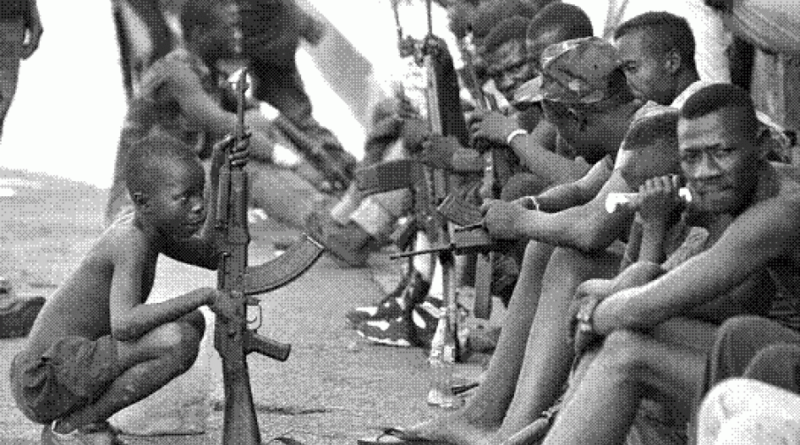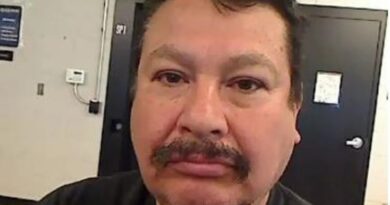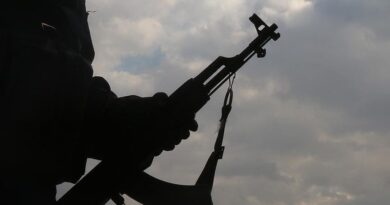Fear, Loss, and Misplaced Blame in Nigeria
Christian Communities Under Siege
In parts of Nigeria, Christian communities are living under constant threat. Churches have been burned, homes destroyed, and families have lost loved ones in brutal attacks. Beyond physical destruction, these assaults strip communities of safety and belonging, leaving deep emotional and psychological scars. Children grow up in fear, and entire neighborhoods struggle to rebuild their lives amidst the lingering trauma.
The Role of Fulani Groups
Amid these crises, Fulani groups sometimes arrive with reinforcements, often to recover the dead or protect their own members. While their presence can be interpreted as a form of self-defence, it often intensifies tension. What might begin as protection can quickly turn into misunderstanding, fuelling mistrust between communities already on edge.
Accusations and Misplaced Blame
Tragically, after these interventions, some Christian communities are falsely accused of provoking attacks or seeking revenge. Families already grieving the loss of loved ones find themselves facing suspicion and blame. These misplaced accusations deepen mistrust, polarize communities, and create cycles of fear and retaliation that are hard to break.
The Human Cost of Violence
The toll of this ongoing conflict extends beyond deaths and injuries. Survivors face trauma, displacement, and loss of livelihoods. Communities are fractured, neighbours grow suspicious of one another, and the social fabric weakens. Each attack leaves invisible wounds, grief, anger, and fear, that can last generations, creating a society where peace and trust are fragile at best.
Read Also: 70,000 Hear Franklin Graham’s Message of God’s Love
Understanding the Complexity
It is important to understand that these attacks are rarely purely religious in motivation. While faith can play a role, overlapping factors such as ethnicity, land disputes, herder-farmer conflicts, and political dynamics also drive violence. Oversimplifying these events to a single narrative of one group attacking another ignores the complex realities and risks inflaming tensions further.
The Path Forward
Breaking this cycle requires more than security measures. Justice and accountability are critical to ensure perpetrators are held responsible. Communities need protection, humanitarian support, and trauma care for survivors. Equally important is fostering dialogue and empathy between communities to rebuild trust and cooperation. Highlighting victims from all groups, rather than placing blame, is essential for peacebuilding and reconciliation.
Conclusion
The cycle of violence, fear, and misplaced blame in Nigeria shows the devastating human cost of conflict. Christian communities, while suffering immensely, are caught in a larger struggle that affects multiple groups. To move forward, Nigeria must embrace comprehensive solutions, protection, dialogue, justice, and empathy, to heal communities, prevent further tragedy, and restore a sense of security and hope for all its citizens.
Content Credit | Olaoluwa Ayomide
Image Credit | hrw.org




